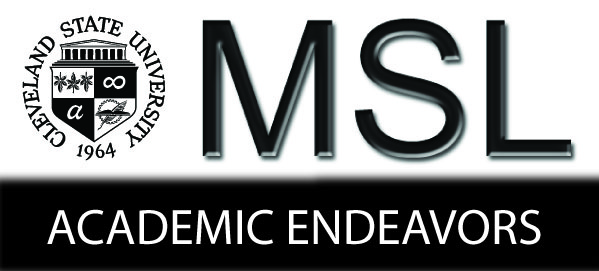Abstract
The contemporary conversation surrounding personal autonomy theory is primarily concerned with discussing autonomy in relation to western liberal conceptions of individualism, society, and other elements surrounding modern understandings of personal autonomy. An outsider reviewing the modern discourse over personal autonomy theory may be led to believe that either those within the conversation are simply indifferent to the exclusion of eastern philosophical notions relevant to self-government (and self-determination), or that eastern classical models are incapable of offering much to the discussion of personal autonomy. The following paper is aimed at addressing common components of the modern discussion over personal autonomy theory from a predominantly eastern perspective. The components featured will include rationality, introspection, enrichment through social interaction and moral responsibility. As Theravada Buddhist and Confucian philosophical models remain particularly dominant systems of thought in the East and because these represent significantly different philosophies, I have chosen to utilize these systems in my treatment.
Recommended Citation
Sias, Joshua.
"Buddhism, Confucianism, and Western Conceptions of Personal Autonomy."
The Downtown Review: An Interdisciplinary Journal Written and Peer-Reviewed by Mandel Honors College Students at Cleveland State University.
Vol. 1.
Iss.
1
(2015)
.
Available at:
https://engagedscholarship.csuohio.edu/tdr/vol1/iss1/5
